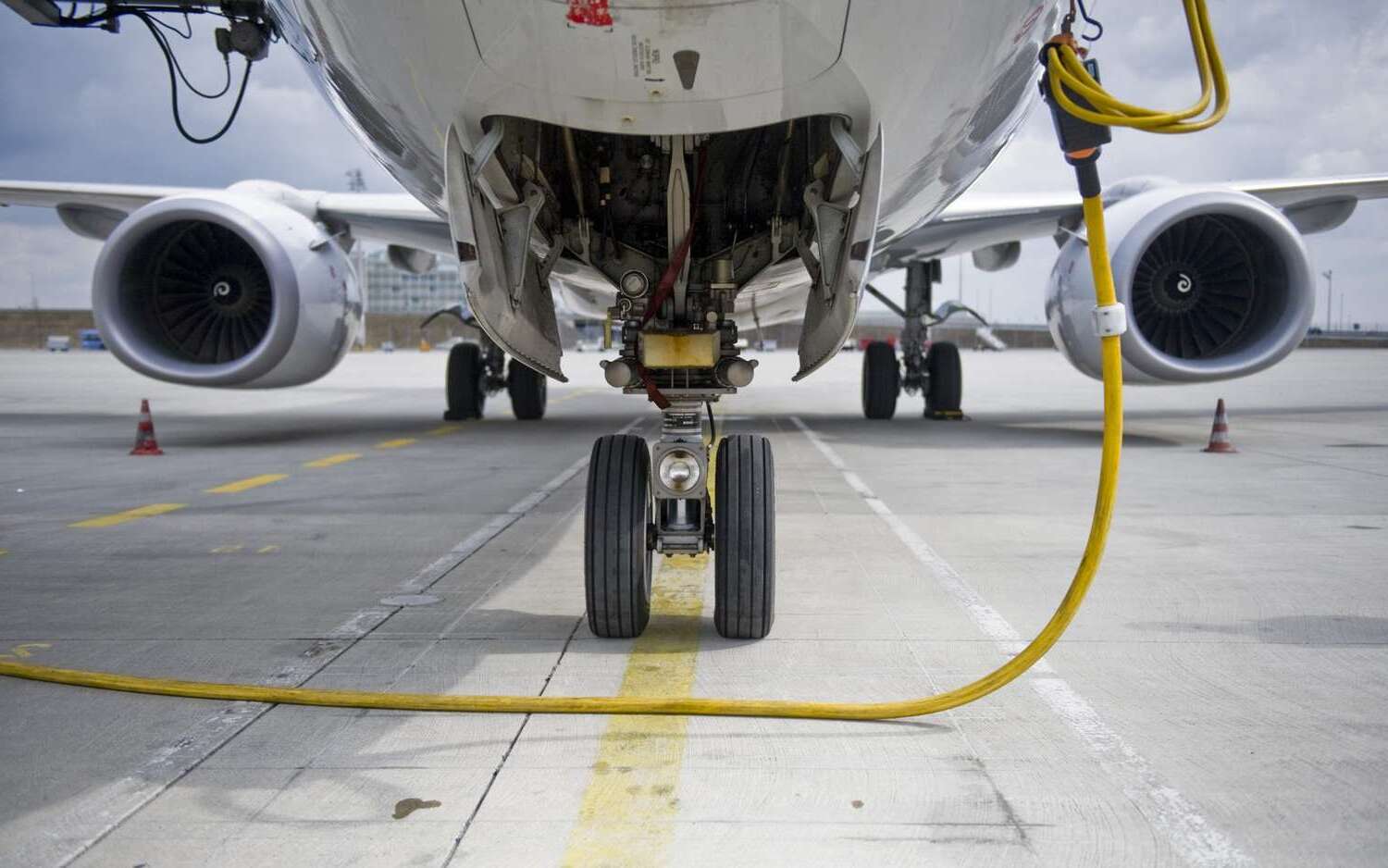
Ever wondered how airlines keep everything running smoothly? From the moment you book a ticket to the time you land, a lot happens behind the scenes. Airlines juggle countless tasks to ensure your journey is safe, comfortable, and on time. Did you know that pilots and crew members undergo rigorous training to handle emergencies? Or that flight schedules are meticulously planned months in advance? Airline operations involve a complex web of logistics, technology, and human effort. In this blog post, we’ll explore 16 fascinating facts about how airlines operate, shedding light on the intricate processes that make air travel possible. Buckle up and get ready to learn!
Key Takeaways:
- Airline operations are a complex web of technology, safety measures, and environmental sustainability. From setting ticket prices with algorithms to using biofuels, airlines are constantly evolving to meet the demands of the industry while reducing their environmental impact.
- The human element is crucial in airline operations, with continuous crew training and strict safety regulations ensuring the well-being of passengers and staff. Airlines also employ advanced technology, such as AI for customer service and satellite technology for in-flight Wi-Fi, to enhance the overall travel experience.
The Complexity of Airline Operations
Running an airline involves a lot more than just flying planes from one place to another. The intricate details behind the scenes make it a fascinating industry. Here are some intriguing facts about how airlines operate.
-
Airlines use complex algorithms to set ticket prices. These algorithms consider factors like demand, competition, and even the day of the week to determine the best price for each seat.
-
Pilots and crew follow strict duty time regulations. These rules ensure they get enough rest between flights to maintain safety and performance.
-
Airlines have backup planes ready. In case of mechanical issues, airlines often have spare aircraft on standby to minimize delays.
The Role of Technology in Airline Operations
Technology plays a crucial role in modern airline operations. From booking systems to in-flight entertainment, tech is everywhere.
-
Airlines use advanced weather forecasting tools. These tools help pilots and dispatchers plan safer and more efficient routes.
-
In-flight Wi-Fi relies on satellites. Providing internet at 35,000 feet involves complex satellite technology to keep passengers connected.
-
Airlines use AI for customer service. Chatbots and virtual assistants help answer common questions and assist with bookings.
Safety Measures in Airline Operations
Safety is the top priority for any airline. Numerous measures are in place to ensure passengers and crew are safe.
-
Planes undergo rigorous maintenance checks. Regular inspections and maintenance keep aircraft in top condition.
-
Airlines conduct safety drills regularly. Crew members practice emergency procedures to stay prepared for any situation.
-
Airlines use advanced security screening. Technologies like body scanners and biometric identification help keep airports secure.
Environmental Impact and Sustainability
Airlines are increasingly focusing on reducing their environmental footprint. Here are some ways they are working towards sustainability.
-
Airlines invest in fuel-efficient aircraft. Newer planes are designed to use less fuel, reducing emissions.
-
Some airlines use biofuels. These alternative fuels produce fewer greenhouse gases compared to traditional jet fuel.
-
Airlines implement recycling programs. Many airlines recycle waste from in-flight services to reduce their environmental impact.
The Economics of Airline Operations
The financial side of running an airline is complex and involves various strategies to stay profitable.
-
Airlines hedge fuel prices. By locking in fuel prices in advance, airlines can protect themselves from price fluctuations.
-
Frequent flyer programs generate revenue. These loyalty programs encourage repeat business and can be lucrative for airlines.
-
Airlines lease aircraft. Leasing allows airlines to expand their fleets without the high upfront cost of purchasing planes.
The Human Element in Airline Operations
People are at the heart of airline operations, from pilots to ground staff.
- Airlines invest in crew training. Continuous training ensures that pilots and crew members are skilled and up-to-date with the latest procedures.
Final Look at Airline Operations
Airline operations are a fascinating mix of technology, logistics, and human effort. From the intricacies of flight planning to the importance of air traffic control, each aspect plays a crucial role in ensuring safe and efficient travel. Pilots and crew members undergo rigorous training to handle various situations, while ground staff work tirelessly to keep everything running smoothly. Maintenance teams ensure aircraft are in top condition, reducing the risk of malfunctions. Baggage handling systems and catering services add layers of complexity to the operations. Understanding these elements gives us a greater appreciation for the work behind every flight. Next time you board a plane, remember the countless professionals and processes that make your journey possible. Safe travels!
Frequently Asked Questions
Was this page helpful?
Our commitment to delivering trustworthy and engaging content is at the heart of what we do. Each fact on our site is contributed by real users like you, bringing a wealth of diverse insights and information. To ensure the highest standards of accuracy and reliability, our dedicated editors meticulously review each submission. This process guarantees that the facts we share are not only fascinating but also credible. Trust in our commitment to quality and authenticity as you explore and learn with us.


